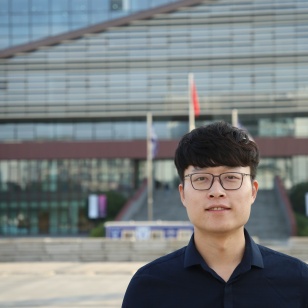
The MSc Multimedia Telecommunications programme aims to provide you with an understanding of the technical characteristics of wireless systems and artificial intelligence technologies.
Artificial intelligence (AI) is playing an increasingly important role in our lives with many traditional jobs expected to be replaced by machines operating with AI technology.
This programme equips you to become a leader in this dynamic, technology-driven era by giving you specialised knowledge of AI technologies including deep learning, computer vision, and image and video processing.
With focus on multimedia and wireless communications, you will learn about the technical characteristics of a wide range of technologies and systems, including 4G and 5G for mobile networking.
It is technologically challenging to deliver multimedia applications and services efficiently over emerging and diverse wireless networks. This programme is designed to help you meet this challenge as an engineer with a deep understanding of wireless and multimedia technologies.
By the time you graduate from the MSc Multimedia Communications, you will have:

The university offers a broad range of activities aiming to enrich master students’ theoretical and experiential learning and professional development. Trainings, workshops and seminars, covering varieties of themes and topics, both generic and subject-specific, are often offered at both university and school/department levels. You may also be provided with opportunities to work as a teaching assistant, research assistant, or intern at XJTLU. Depending on the programme, field trips and company visits may be organized, and invited talks may be given by the industrial experts and professionals. Such activities will not only support you in your programme study, but also develop your personal and professional skills and enhance your overall employability.

Graduates from this programme are well prepared to pursue careers in the fields of image and video communications, artificial intelligence and computer vision. Graduates go on to find employment in roles such as multimedia systems engineer, artificial intelligence developer, multimedia system and information technology consultant, mobile projects manager, wireless and mobile communication consultant, and in a range of leadership positions in the multimedia and communications industry.

